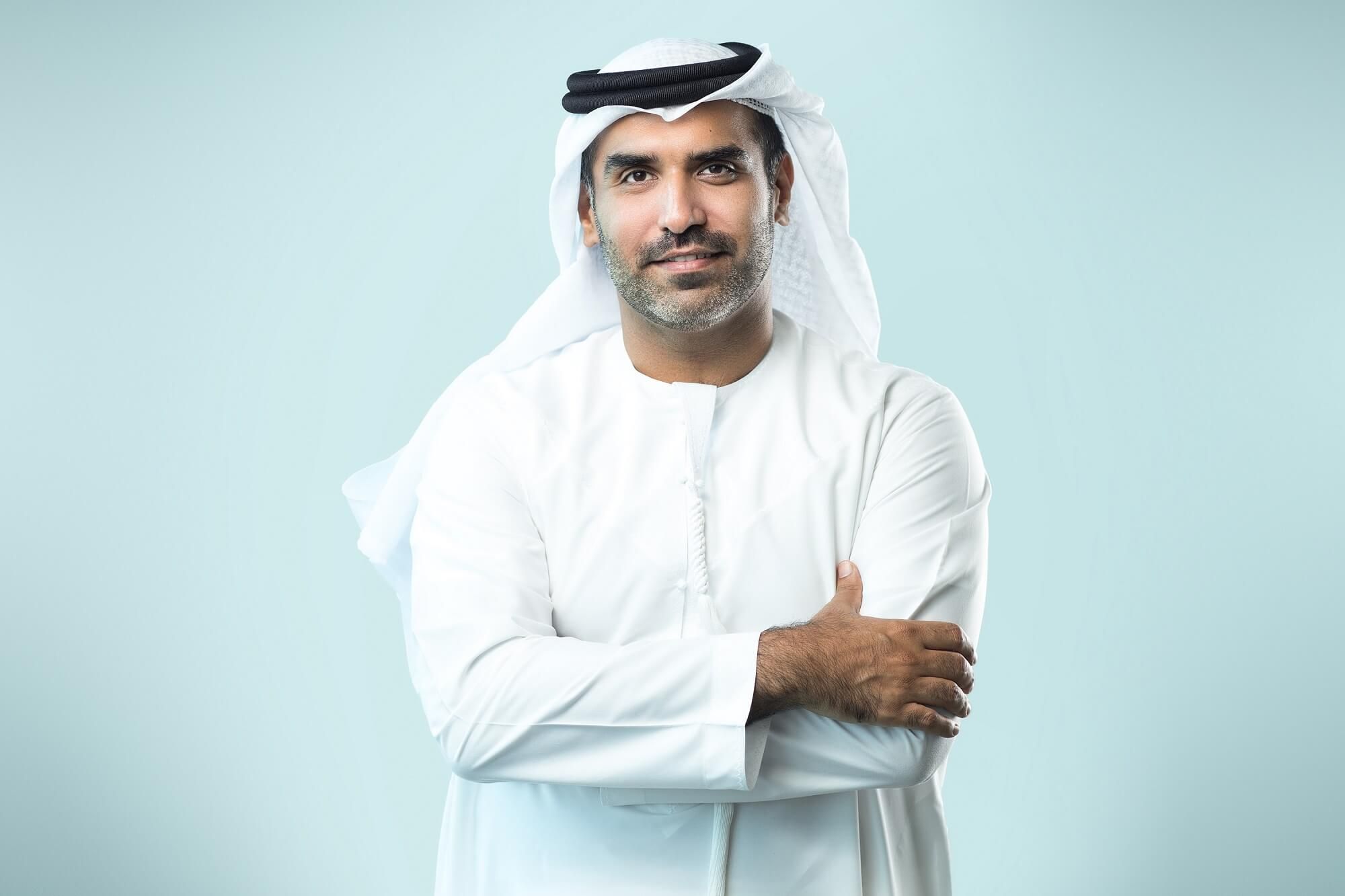Can Dubai become the capital for next-gen healthtech startups?

Marwan Abdulaziz Janahi is the managing director of Dubai Science Park
Medical innovation has surged as the world’s greatest minds continue to decode an invisible, mutating, and highly complex virus. New technologies and treatments have emerged at remarkable speed with investment in healthtech startups doubling last year.
Next-gen medicine is big business and nimble, science-backed startups have a key role to play in healthcare’s transformation by bringing down costs and improving patient care. Their agility lets them capitalise on advances in remote monitoring, artificial intelligence, automation and 3D printing, as well as breakthroughs in biomedicine, biotechnology and nanomedicine. This edge over more established players has empowered entrepreneurs and the potential for long-term success in the regional healthtech ecosystem is promising.
Building a robust and resilient healthcare industry is a key priority for the UAE. One of the big opportunities to achieve this is by increasing research and development (R&D). Some of the world’s leading nations in life science and biotechnology are where they are today precisely because they spend a large proportion of their gross domestic product (GDP) on R&D.
South Korea, Japan, Switzerland and Sweden lead the field in R&D expenditure as a percentage of GDP. As a result, they have some of the most competitive scientific industries. Sweden’s capital city, Stockholm, also boasts more startups per capita than anywhere else in the world outside Silicon Valley.
But let’s take a closer look at South Korea. Between 1960 and 2019, the country enjoyed explosive economic growth, averaging an annual rise of 7.3 per cent as its technology, defence and automotive sectors boomed thanks to a top-down approach that encouraged close collaboration between government, industry and academia. The third largest economy in Asia spent 4.81 per cent of its GDP on R&D in 2018 and is today recognised as one of the world’s most innovative nations.
While the UAE currently spends around 0.7 per cent of GDP on R&D, it plans to more than double this figure during the next decade.
The new industrial strategy Operation 300bn – which aims to increase the industrial sector’s economic contribution to Dh300 billion – aims to boost research in priority sectors, including healthcare. As such, the volume of R&D investment is expected to increase from Dh21 billion to Dh57 billion in 2031 – representing two per cent of GDP. This will boost innovation across life sciences and biotechnology, strengthening Dubai’s position as a hub for next-gen medicine. It will also carve open new opportunities for healthtech startups and SMEs, empowering the UAE’s entrepreneurial spirit.
But to transform Dubai into a globally competitive hub for scientific discovery, training and attracting highly skilled people is important; without talent, we cannot foster a culture of innovation to support R&D or create an advanced knowledge-based economy. This is why we need talent.
Figures from the World Bank show that Finland leads the world, with over 7,000 research scientists per one million people. The US has about 5,000 researchers, but the Middle East has fewer than 1,000 researchers per one million people. Welcoming more skilled workers will deepen the region’s body of scientific knowledge and propel innovation in life sciences, biotechnology and other advanced industries.
This is what Dubai Science Park strives to do. Our business district is home to some of the world’s largest pharmaceutical and healthcare companies such as Pfizer and Bayer. We have also seen the number of science-backed startups at the forefront of medicine, healthcare and the circular economy rise.
Biorus, for example, is a diagnostic and research lab with its headquarters in Dubai Science Park. Since the pandemic began, the company has provided more than six million Covid-19 tests in the UAE, supplying an average of 300,000 tests per week to support mass testing efforts in the country. Medtech startup Astragene is the Middle East’s first molecular diagnostics manufacturing company and produces in-vitro diagnostic reagents, kits and instruments. The team also provides customised artificial intelligence solutions.
Another exciting startup operating out of Dubai Science Park is Dermpath, which offers dermatology diagnostic services. Led by renowned dermatologist Dr Reem El Bahtimi, the laboratory uses advanced instruments to analyse eczema, psoriasis and skin cancer, providing patients with SMS results in 24 hours.
We are in talks to welcome many more next-gen medicine and healthcare companies to our business district which provides an ecosystem for medical innovation. As the region’s healthtech industry grows, so will the community of science-backed startups. It will consolidate Dubai’s position as a global hub for biotechnology and life sciences, placing it among a pantheon of next-gen medical cities such as San Francisco, Seoul and Basel.


